Meet Cinéma Humain
and Founder, Reina-Marie Loader
About
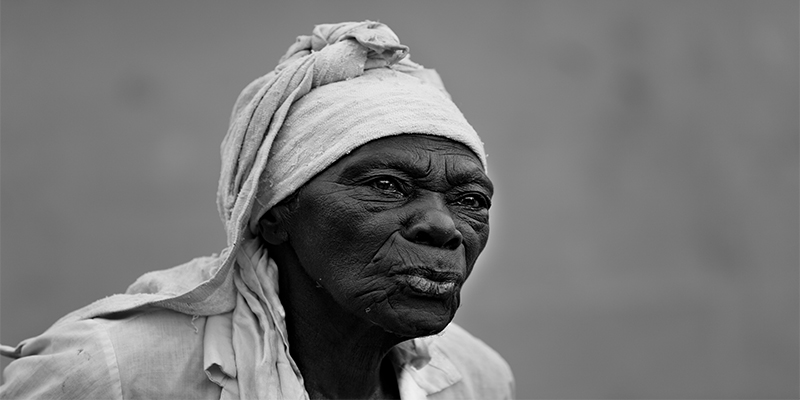
As its name suggests, Cinéma Humain is concerned with the social impact humans have on each other and on their environment. By engaging primarily with the medium of film, we seek to raise awareness about human rights and the environment. In addition to producing our own independent films, we also reflect academically on cinema’s role as a mirror of and to society. We therefore operate in five key areas:
Film
Human Rights
Environement
Research
Teaching
By integrating these five dimensions in innovative ways, we believe one could effectively promote positive change where the concept of common dignity becomes a guiding principle to all human interaction and decision-making.
“Caring about human rights, animals and the rest of our environment is a sign of compassion, rather than a political statement – it is proof of a dignified life.”
In addition to producing films, Cinéma Humain also functions as a platform where people can engage constructively about film, human rights and the environment. It therefore strives to become an avenue for filmmakers and scholars to source information and promote ideas for positive change.
Film
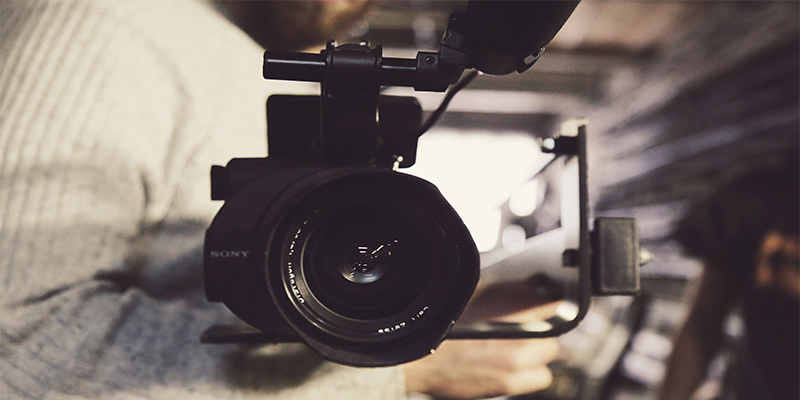
The beauty of film, whether narrative-based or documentary, is that it has the ability to reveal the humanity that is common to all people on earth. When watching a film, one is persuaded to identify with the trials and tribulations of the characters on screen – and sometimes – one is even moved to action because of it. Seeing people on screen that look, feel and/or think like us no matter how different they might seem superficially, is a power cinema processes that is greater than any other medium. It allows us to experience stories in a way that evokes empathy.
“Film in itself cannot change the world, but it can lay bare the soul of a society, which in turn can realign the course towards justice and equality.”
Yet, as Noam Chomsky aptly points out in Manufacturing Consent, the power of this medium is not only a positive one. It also has the unique ability to manipulate the way in which a society thinks for the benefit of a small elite. The power of film therefore needs to be reflected on both in its positive and negative incarnations. Cinéma Humain remains conscious of this dichotomy by developing ways in which film might have a positive impact, while also critically revealing instances when it appears to mislead and manipulate.
Human Rights
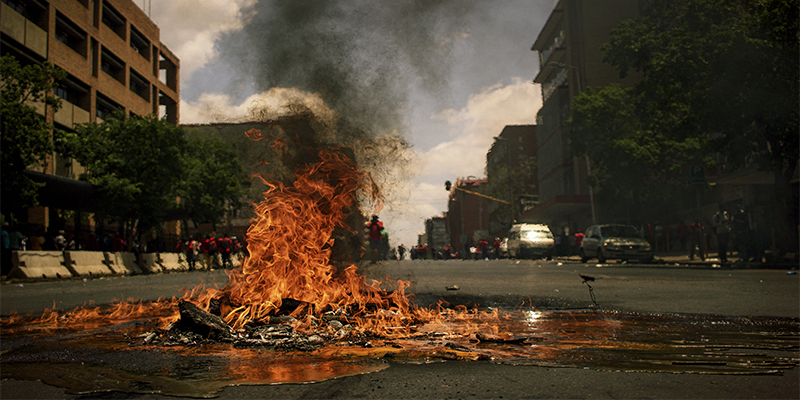
Human rights issues has been a part of the thematic concerns of filmmakers since the beginning of cinema. It is therefore quite surprising that human rights film has only recently entered serious academic film discourse. One could argue that it is not until the War on Terror, that intellectual engagement with human rights film has caught up with film practice.
“In a time when human rights are increasingly ignored or defunded, it is more imperative than ever to look beyond oneself and speak up for the rights of others.”
Cinéma Humain seeks to address this gap, by providing an additional avenue for human rights film practice and human rights academic thought to engage constructively. We believe this is especially crucial in our contemporary society where the general political climate indicates a move towards a rejection of human rights, democracy and the rule of law.
Environment
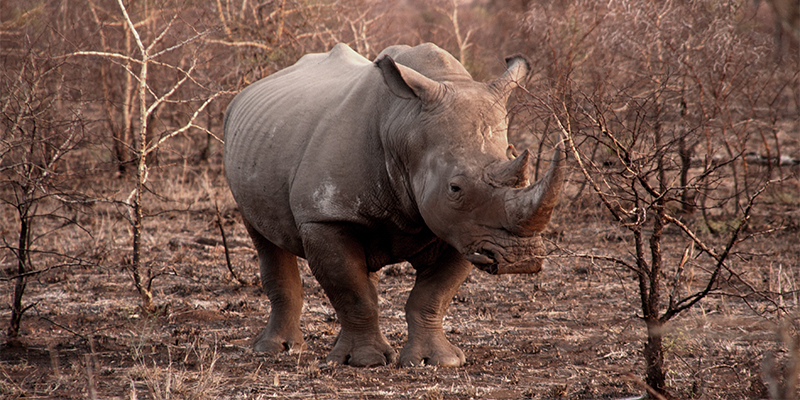
Ever since debates about environmental responsibility entered the international stage in the 1970s it has been a significant struggle to bring attention to the connection between human rights and the environment. This is so despite the acknowledgement of states and other stakeholders that without a healthy and sustainable environment, the realisation of human rights is not possible.
“To disrespect the environment, is to disrespect human dignity.”
Cinéma Humain seeks to highlight the irrevocable link that exists between these two concepts through the project it takes on. Whether dealing with the rights of animals, climate change or resource industries, we seeks to actively contribute to the development of critical thinking promoting the right to a healthy environment. We therefore join a growing body of thinkers who, like Tutu, Chomsky and Klein, believe that in order to continue to “thrive as communities, individuals and citizens, we all must strive for change. Our common humanity and the Earth demand it.”
Research

Cinéma Humain is not only a production company producing films, but it also seeks to promote an intellectual engagement with the medium. We therefore especially seek to develop projects that are born from the desire to promote new ideas and methodologies related to film, human rights and environmental practice.
“An academic approach to the intersection between film, human rights and environmental awareness proves that idealism and realism can meet constructively.”
We are deeply committed to this approach as we believe it opens up new possibilities to engage people while also providing intellectual arguments out of which social and political change may sprout. The idealism of art and a believe in humanities ability to change thus uniquely meet the realism of rigorous academic practice.
Teaching
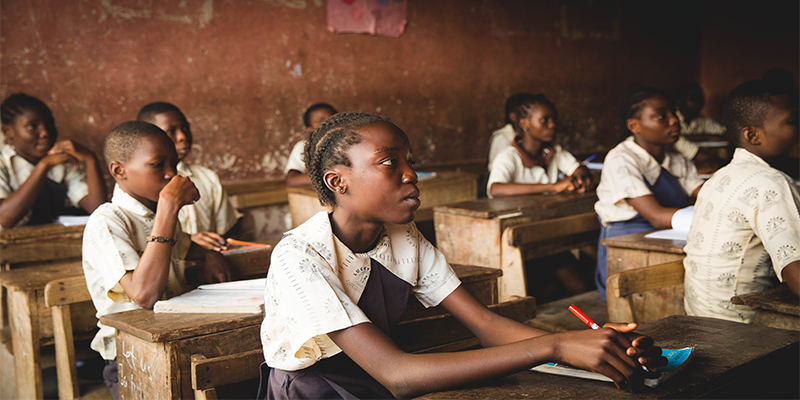
Cinéma Humain strives to create projects and events that extend the educational value of film to the classroom. We notably aspire to work with higher educational institutions to develop courses that make students more aware of human rights and environmental issues via the medium of film. These courses will for example focus on developing the critical engagement of students with the media that confront them daily so that they become active viewers rather than passive consumers. Modules include for example war and conflict film, human rights film, documentary film, docudrama, transnational and activist cinema.
“Film as a creative teaching mode can further cross-generation understanding of human rights and the environment.”
We seek to develope methods that uses film as a mode of teaching, since we believe film has the unique ability to engage a large amount of people on both an emotional and intellectual level. It can raise awareness about complicated issues in an entertaining and therefore memorable way. New and emerging technologies such as virtual reality and transmedia projects, also present some exciting possibilities to promote the educational value of film.
Reina-Marie Loader

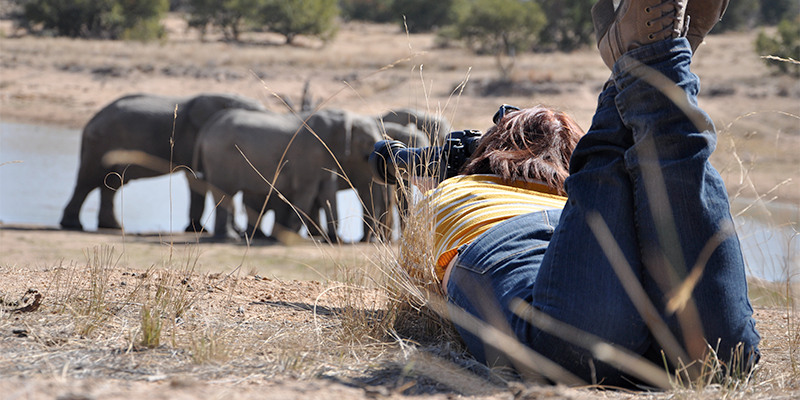
Over the last decade, Reina has extensively studied the potential of film to effect change. She completed a PhD in film practice at the University of Reading in 2011, with a focus on the representation of real events on screen. She is currently centring her interest in the transformative power of film by means of an interdisciplinary Masters in Human Rights at the University of Vienna.
“My greatest desire in life is to contribute to human rights and environmental awareness through the transformative power of visual images, ideas and the written word.”
She is the co-author of the ‘Socially Responsible Filmmaking Manifesto’, which is published on the Cinéma Humain website. In addition to her filmmaking, she has also lectured on film at the University of Exeter and worked as a practitioner on creative projects developed by The University of Reading. Additionally, she taught a course on ‘War and Conflict Films’ at the University of Vienna, while securing a position as Research Associate at the University of Pretoria. Recently, she was invited to sit on the editorial board of Africa’s biggest open source journal group, AOSIS.
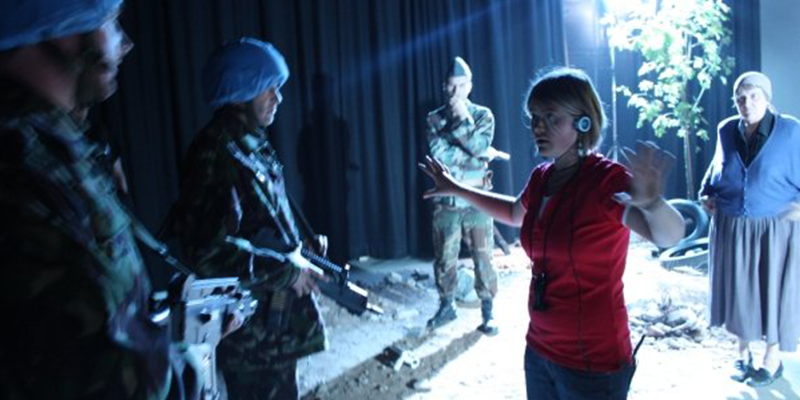
With Cinéma Humain, Reina hopes to contribute meaningfully to the establishment of an active community that places value on the exchange of ideas for the betterment of society and the environment. Her research interests include war and conflict, the prohibition of torture and ill-treatment, women and children rights, and conservation.
WHAT DOES IT TAKE TO BE A HUMAN RIGHTS FILMMAKER?
GET INVOLVED!

